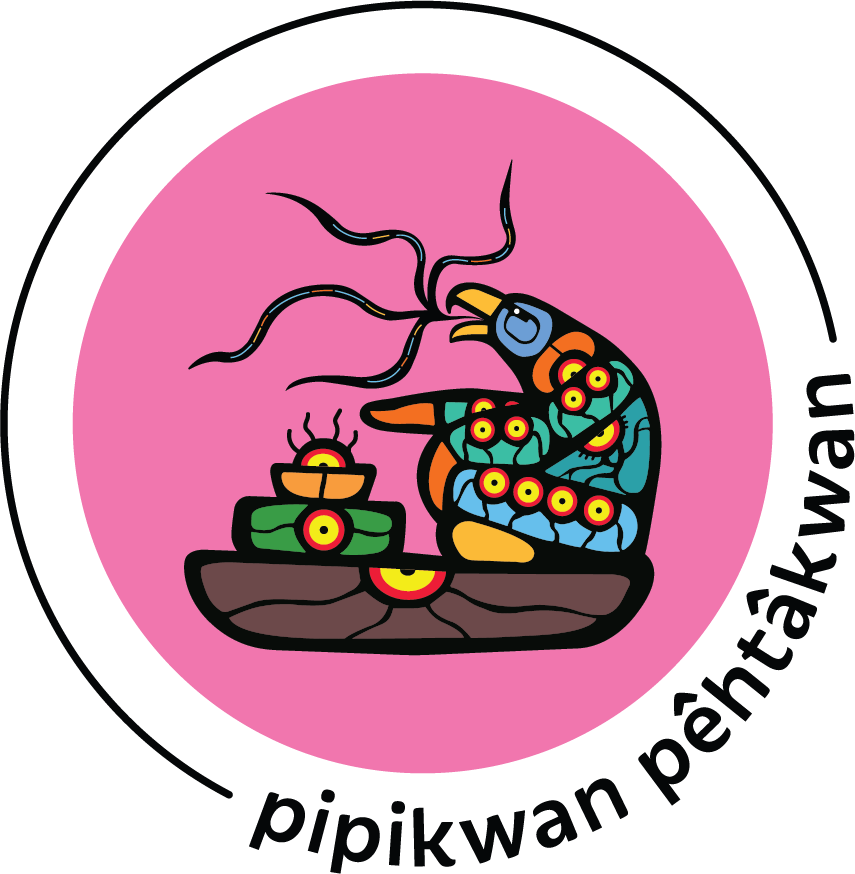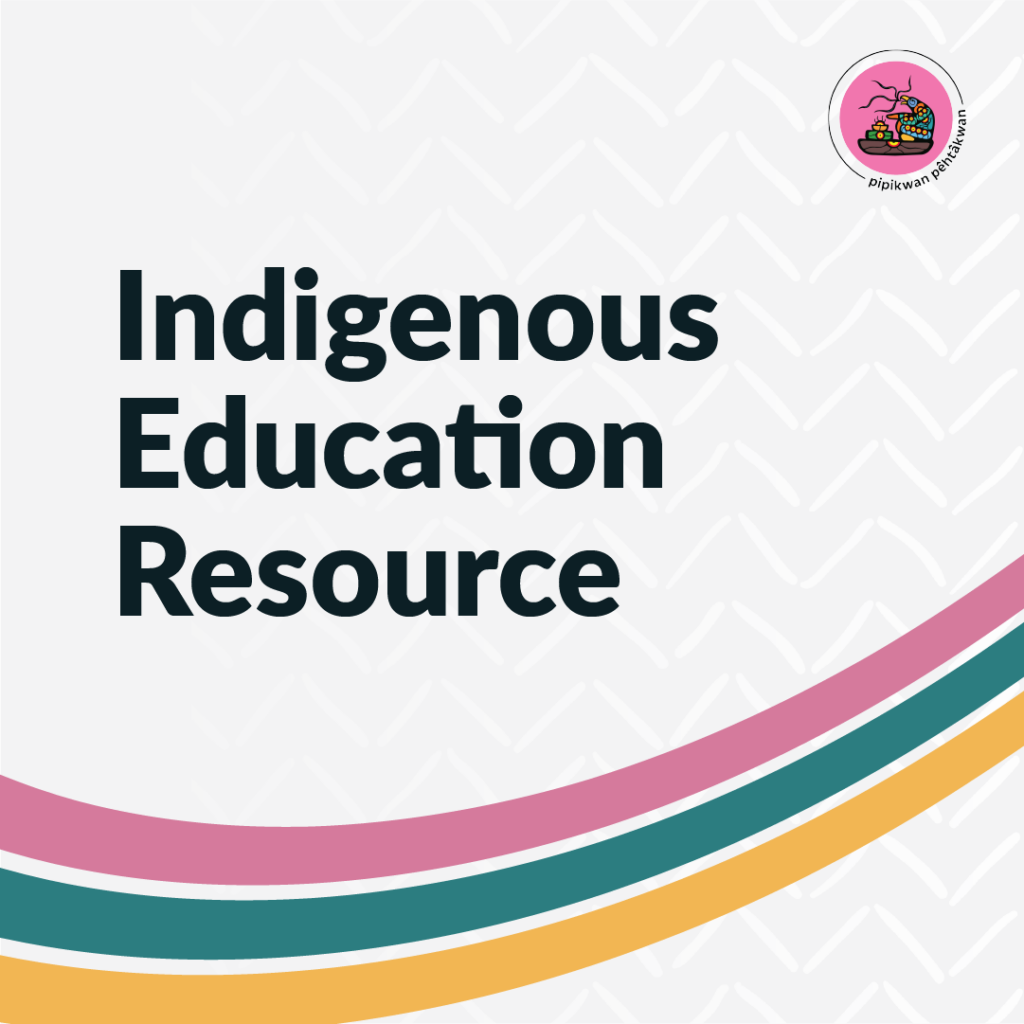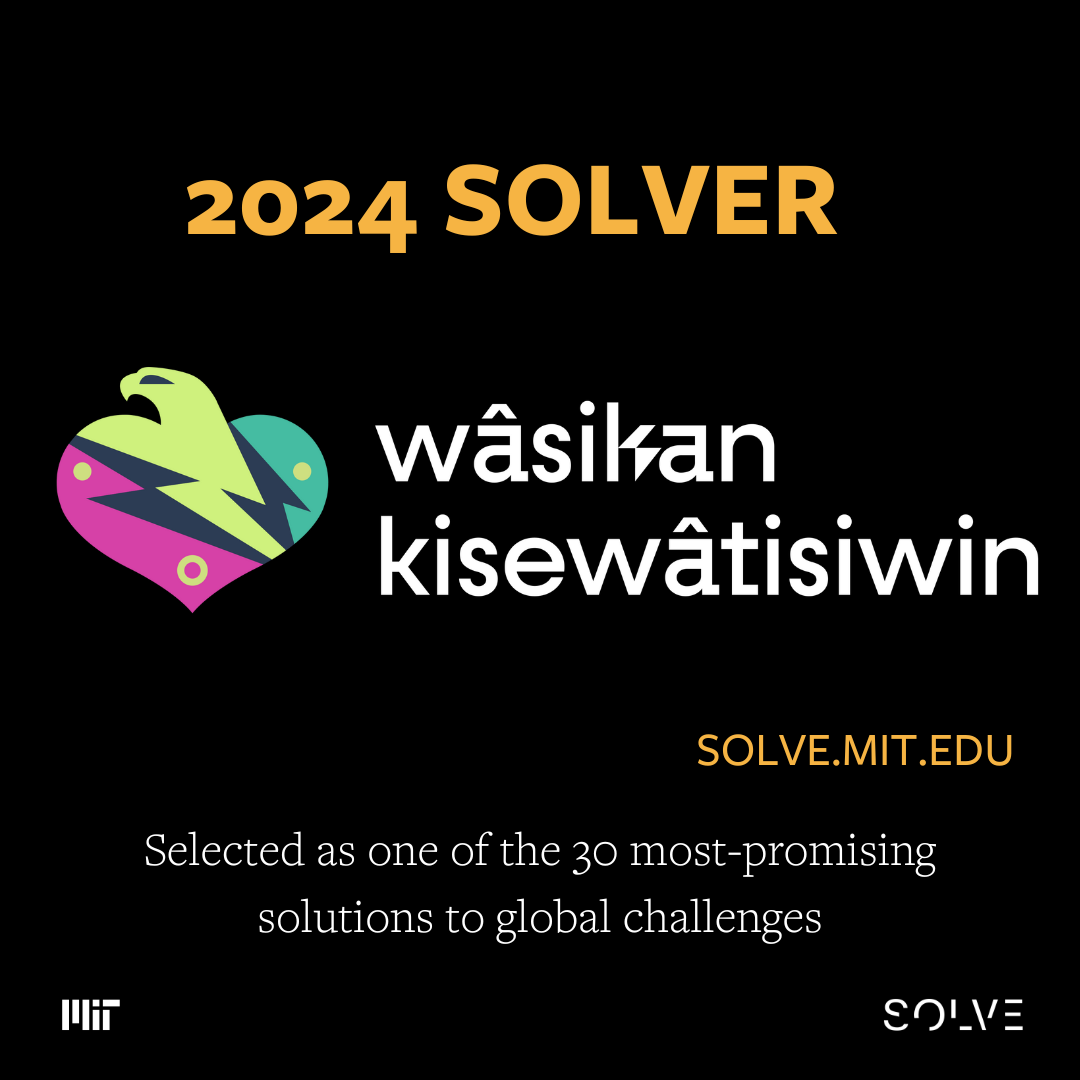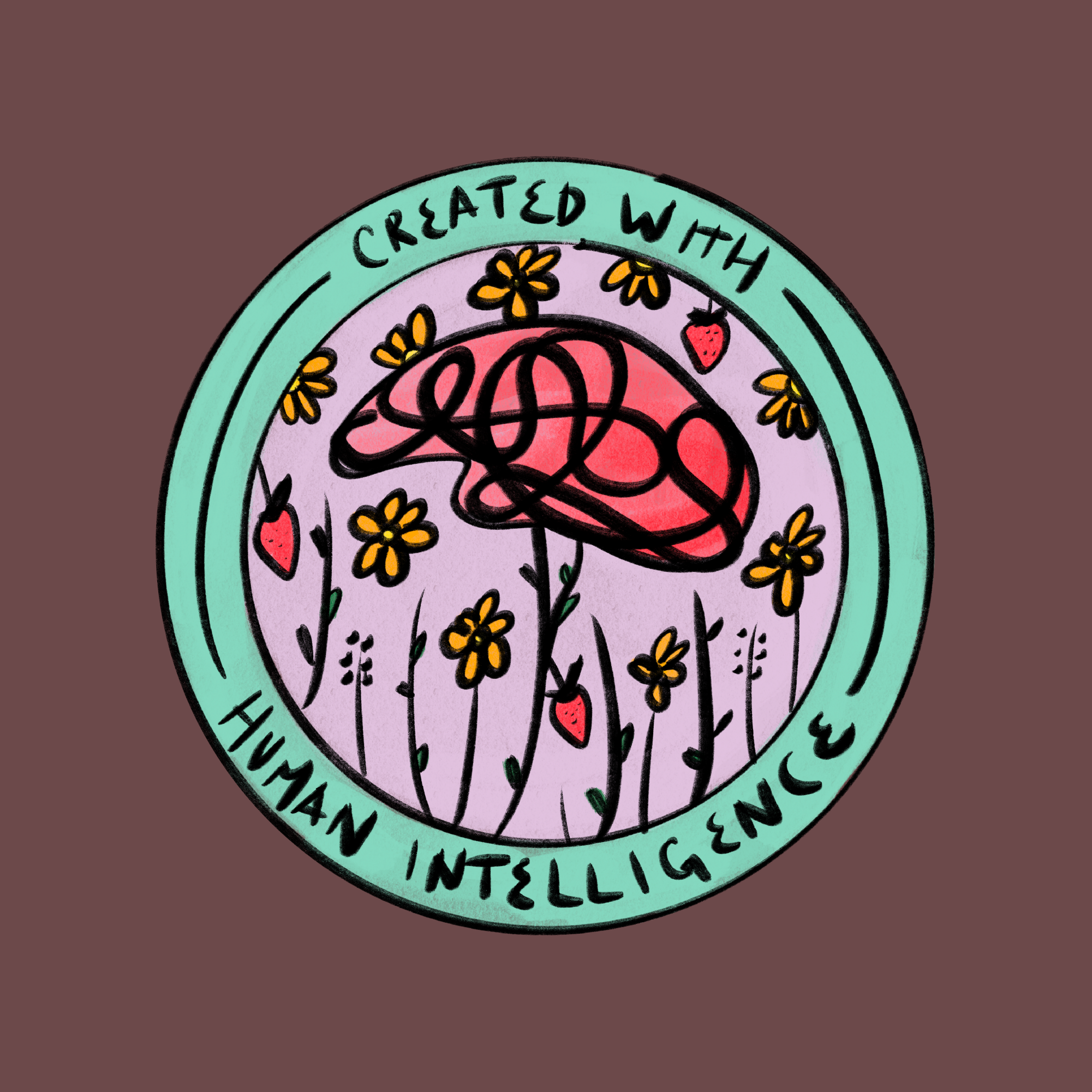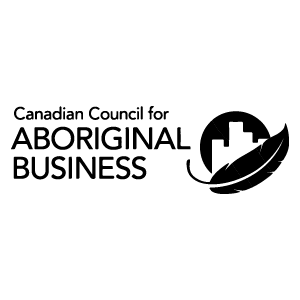We often talk about the significance of education around Indigenous history and issues and how meaningful it is when non-Indigenous people take the initiative to learn. It simultaneously minimizes the emotional labour on Indigenous Peoples and advances reconciliation. We also know it can be an overwhelming task.
There are many resources available, books to read and classes to take, but where to begin? To make this process easier, we’ve curated a guide – use this guide as a stepping stone into your education and reconciliation journey.
This is not an exhaustive list and we encourage you to do your own research into Indigenous history and truths.
Who is an ally?
An ally is someone who disrupts oppressive systems by dismantling the status quo and educates themselves and others on the realities of historically oppressed communities. An ally uses their inherited privilege to advocate and speak out against systemic racism while uplifting voices who are typically oppressed.
Allies are important for decolonizing current systems because they can utilize their inherited privilege to advocate and speak out against systems of oppression.
To learn more about allyship and becoming an ally, read this Indigenous Ally Toolkit created by the Montreal Urban Aboriginal Community Strategy Network.
What is National Indigenous History Month?
June is federally recognized as National Indigenous History Month. It’s a month for non-Indigenous peoples to learn about the true history, culture and languages of Indigenous Peoples living in Canada.
National Indigenous Peoples Day is celebrated on summer solstice – June 21. The summer solstice is a significant day for Indigenous Peoples, as it marks the longest day of the year.
This day and month provide an opportunity for people to celebrate and appreciate Indigenous culture throughout Turtle Island. Learn more and find events in your area.
What is the National Day for Truth and Reconciliation?
National Day for Truth and Reconciliation (NDTR) takes place annually on September 30 and is the same day as Orange Shirt Day. The NDTR honours the experiences of those who were forced to attend residential schools and is not a day of celebration, rather it’s a day to learn about and remember the atrocities that Indigenous children experienced through the residential school system. This is a federal statutory holiday created through Parliament legislative amendments and is only one component of the reconciliation process.
Orange Shirt Day was created as an opportunity to remember and honour the children and their families impacted by the Indian residential school system. People are encouraged to wear orange on this day to show their support. The orange symbolism comes from the personal account of Phyllis Webstad, who was given a brand new orange shirt to wear on her first day of school.
After arriving at residential school in British Columbia, Phyllis’s shirt was forcibly removed on her first day of school and she never saw it again. Through this action, Phyllis was made to feel unimportant and as if she did not matter. The orange shirt, then, has become a symbol of the effects of the Indian residential school system and a physical symbol for ‘Every Child Matters’.
What is Missing and Murdered Indigenous People about?
Indigenous People have been systematically oppressed since the colonization of Turtle Island. As a direct result of colonization, Indigenous Peoples face higher rates of violence and death than any other demographic living in Canada. Though Indigenous Peoples make up approximately 4 percent of the population, they’re more likely to be victims of violence and assault.
The National Inquiry into Missing and Murdered Indigenous Women and Girls (and relatives) created a report on the sources of systemic violence against this vulnerable group. The mandate for this specific organization covers all forms of violence including sexual assault, child abuse, domestic violence, bullying and harassment, suicide and self-harm. They are not affiliated with any federal government initiatives and are completely independent.
Though the Department of Justice Canada funds some initiatives that support victims and their families of missing and murdered Indigenous women, girls and relatives – it’s a reactive approach to deep-seated colonial policies.
What is the National Centre for Truth and Reconciliation?
The National Centre for Truth and Reconciliation (NCTR) was created for honouring the experiences of residential school survivors. Residential schools were implemented by the Canadian government and church bodies as a means to assimilate Indigenous children into mainstream society as well as force Christianity and European beliefs onto Indigenous Peoples.
The impact of residential schools is ongoing and the NCTR was created to educate people about long term institutional impacts on Indigenous communities. Their website includes educational resources, reports and reading materials that outline the history of residential schools, as well as other learning materials such as an interactive map of residential schools throughout Canada, textual documents, online exhibits, a national student memorial and more.
The final TRC report includes 94 Calls to Action that all Canadians can refer to for reconciliation advancement.
What are some Indigenous News Organizations in Canada?
Indigenous People have been systemically and historically misrepresented in mainstream media and Indigenous news organizations have become instrumental in mitigating misrepresentation as well as providing more accurate and appropriate representation to Indigenous issues.
As well, Indigenous news provides essential information to Indigenous communities including reporting on cultural, political and social topics important to Indigenous People and their well-being.
We encourage you to do an internet search of Indigenous news organizations in your area. Follow them on social media or subscribe to their mailing lists.
Below is a list (though not exhaustive) of Indigenous news organizations throughout Turtle Island.
What Reconciliation Courses and Classes do you suggest?
Reconciliation is an ongoing learning and unlearning process that mutually benefits Indigenous and non-Indigenous peoples. We first have to understand and come to terms with our shared history and truths as a nation.
To learn more about how to support reconciliation, choose from any of the classes below. We also encourage you to do your own research on how you can support reconciliation.
Reconciliation Education and First Nations University of Canada
What are Friendship Centres?
Friendship Centres are non-profit organizations that offer services and programming to urban Indigenous Peoples. They also provide important information about Indigenous history, programming and resources and have deep connections in Indigenous communities. There are approximately 118 Friendship Centres in Canada. Connect with your local Friendship Centre for events and understanding life through an urban Indigenous lens.
The National Association of Friendship Centres is a network of more than 100 Friendship Centres.
What are Métis Representative Organizations?
Knowing and understanding Métis identifying organizations in your area helps with building respectful and meaningful relationships. They offer important information about Métis history, programming and resources. Making connections and building relationships with these organizations will help you better understand the dynamics of Métis living in Canada and offer opportunities to connect with the Métis community.
The Government of Canada has provided a list of Métis representative organizations.
What is the Inuit Tapiriit Kanatami?
The Inuit Tapiriit Kanatami (ITK) is a national organization that protects and advances the rights of Inuit living in Canada. It’s important that we get to know and make relationships with our Inuit relatives in the north, and ITK is set up to do just that. They not only advocate for the health and well-being of the Inuit, but their work also includes research, advocacy, education and public outreach on behalf of the Inuit.
